Become a CBSA Officer: Your Step-by-Step Guide
Thinking about a career as a CBSA officer in Canada? In this guide, I will walk you through the requirements, application process, training, and more, to help you achieve your goal of becoming a CBSA officer.
As a CBSA officer, you will play a vital role in safeguarding Canada’s borders and ensuring the safety and security of its residents. With a challenging and rewarding career ahead, let’s dive into the steps required to become a CBSA officer.
Key Takeaways:
- Meeting prerequisites such as having a high school diploma, a driver’s license, and being a Canadian citizen or permanent resident is essential.
- The application process involves various assessments, interviews, physical fitness evaluation, security clearance, and medical exams.
- Completing the Canadian Firearms Safety Course and the Canadian Restricted Firearms Safety Course is mandatory before training.
- Training includes self-paced online modules, in-residence training at the Canada Border Services College, and on-the-job training.
- The entrance exam and interview assess competencies, such as reasoning skills and effective communication.
Prerequisites to Apply
Before applying to become a CBSA officer, there are certain prerequisites that you must meet. These requirements ensure that you have the necessary qualifications to take on this important role. The following prerequisites must be fulfilled:
- A high school diploma: You must have successfully completed your high school education to be eligible for the position.
- A valid driver’s license: A driver’s license is required as part of your role as a CBSA officer, as you may be required to operate vehicles during your duties.
- Canadian citizenship or permanent residency: As a CBSA officer, you must be a Canadian citizen or a permanent resident of Canada. This ensures that you have a strong connection to the country and its values.
It is important to note that as a CBSA officer, you must be prepared to work anywhere in Canada, as per the requirements of the position.
While not mandatory, having a university degree or a two-year college diploma in fields such as criminology, law, security, psychology, sociology, or policing may be considered an asset. These additional qualifications can help strengthen your application and demonstrate your knowledge in relevant areas.
To apply, you must provide proof of meeting these prerequisites along with your application.
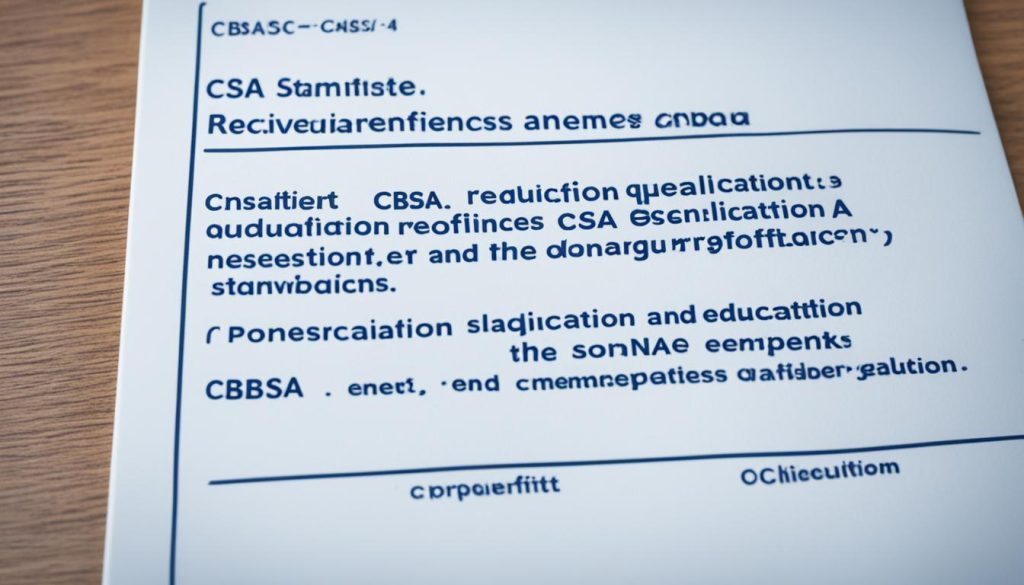
Application Process
Applying to become a CBSA officer involves several important steps in the application process. Here is an overview of what you can expect:
1. Online Application
To start your journey towards becoming a CBSA officer, you will need to submit an online application. This application will require you to provide personal information, education background, employment history, and other relevant details. Make sure to review your application carefully before submission to ensure accuracy.
2. Officer Trainee Entrance Exam
Once your application is submitted and reviewed, you will be required to take the officer trainee entrance exam. This exam assesses various competencies such as reasoning skills, writing skills, analytical thinking, and client orientation. It is important to prepare for this exam to increase your chances of success.
3. Second Language Evaluation (Bilingual Positions)
If you are applying for a bilingual position, you will also need to complete a second language evaluation. This assessment measures your proficiency in your second language, which is usually English or French. It is important to demonstrate strong language skills in both written and spoken communication.
4. Interview
If you pass the entrance exam and second language evaluation (if applicable), you will be invited for an interview. During the interview, you will be assessed on various competencies such as dealing with difficult situations, decisiveness, and effective communication. It is essential to showcase your abilities and provide examples from your previous experiences.
5. Physical Fitness Evaluation
As a CBSA officer, physical fitness is crucial to perform your duties effectively. You will be required to undergo a physical fitness evaluation to ensure you meet the required fitness standards. This evaluation may include an obstacle course, push-pull exercises, and weight-carrying stations. It is important to maintain a good level of physical fitness throughout the application process.
6. Secret Security Clearance
As a CBSA officer, you will be entrusted with sensitive information and duties related to national security. Therefore, you must undergo a secret security clearance process. This clearance involves a comprehensive background check to ensure your integrity and suitability for the role.
7. Psychological Assessment
Being a CBSA officer can be demanding both mentally and emotionally. To assess your psychological suitability for the role, you will be required to undergo a psychological assessment. This assessment aims to determine your psychological well-being and ability to handle the stress and challenges that may arise in the line of duty.
8. Medical Exam
Your overall health and physical fitness are essential factors in determining your capability to perform the duties of a CBSA officer. Therefore, you will need to undergo a comprehensive medical exam to ensure you are fit for the role. It is important to disclose any pre-existing medical conditions during this exam.
The entire application process to become a CBSA officer can take up to 18 months. It is crucial to prepare thoroughly, maintain a high level of fitness, and showcase your skills and competencies throughout each stage of the process.
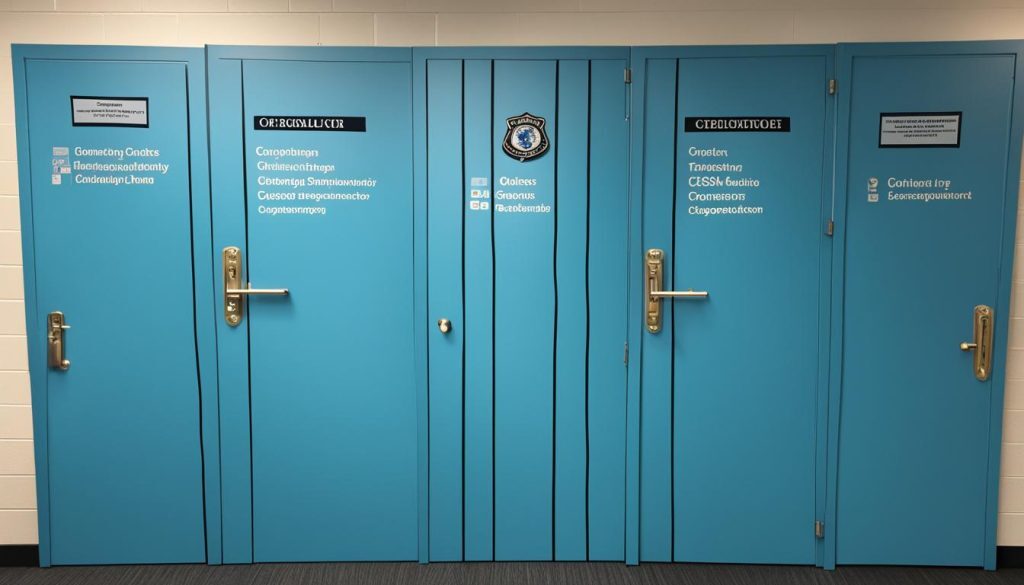
Training and Development
Once selected as a CBSA officer, you will embark on a comprehensive training and development journey to equip you with the necessary skills and knowledge for your role. The training program is designed to ensure that you have a solid foundation and understanding of the CBSA’s operations and procedures. Let’s take a closer look at the different stages of training and development.
Online Training Modules
As a newly appointed CBSA officer, you will begin your training with self-paced online modules. These modules cover a wide range of topics, including immigration and customs enforcement, border security, risk assessment, and more. The online training allows you to learn at your own pace, ensuring that you have a solid understanding of the material before proceeding further.
During the online training, you will have a weekly allowance to dedicate sufficient time to your studies. This ensures that you can focus on the training without the added financial burden.
In-Residence Training at Canada Border Services College
After completing the online modules, you will attend in-residence training at the prestigious Canada Border Services College located in Rigaud, Quebec. This intensive training program lasts for 14 weeks and is designed to provide you with hands-on experience and practical skills. You will have the opportunity to learn from experienced instructors and participate in various training exercises and simulations.
During the in-residence training program, you will receive a weekly allowance to cover your expenses and ensure that you can fully focus on your training. This immersive experience will further enhance your understanding of border services and refine your professional capabilities.
On-the-Job Training
Once you have successfully completed the in-residence training, you will enter the final phase of your training and development as a CBSA officer – the on-the-job training. This paid training program, known as the Officer Induction Development Program, typically spans 12 to 18 months.
During the on-the-job training, you will work alongside experienced CBSA officers in various operational settings. This hands-on experience will allow you to apply the knowledge and skills you have acquired throughout your training and further refine your abilities. You will have the opportunity to handle real-world cases, engage with the public, and contribute to the overall security and integrity of Canada’s borders.
Throughout the training and development process, you will be supported by experienced mentors who will provide guidance and support as you navigate your role as a CBSA officer.
Entrance Exam and Interview
As part of the selection process to become a CBSA officer, you will need to undergo an entrance exam and an interview. These two steps are crucial in assessing your competencies and suitability for the role.
The officer trainee entrance exam evaluates various core competencies essential for a successful CBSA officer, including:
- Reasoning skills
- Writing skills
- Analytical thinking
- Client orientation
It is important to note that the exam results are valid indefinitely. However, if you do not pass the exam, you must wait for a year before re-taking it.
If you pass the entrance exam, you will then be invited for an interview. The interview will further assess competencies specific to the role of a CBSA officer. These competencies may include:
- Dealing with difficult situations
- Decisiveness
- Effective communication
During the interview, you will be required to provide proof of all the prerequisites previously mentioned, such as your high school diploma, driver’s license, and Canadian citizenship or permanent residency status.
The CBSA officer entrance exam and interview play a crucial role in determining your readiness and suitability for becoming a CBSA officer. Prepare and showcase your abilities to succeed in these assessments and increase your chances of pursuing a fulfilling career in law enforcement.
Firearms Safety and Physical Evaluation
Aspiring CBSA officers are required to complete the mandatory Canadian Firearms Safety Course (CFSC) and the Canadian Restricted Firearms Safety Course (CRFSC) before they can begin their training. These courses play a vital role in ensuring the safety and effectiveness of CBSA officers when dealing with firearms. Successful completion of these courses will be verified, so be sure to provide the necessary documentation.
In addition to the firearms safety courses, you will also undergo a physical abilities evaluation called the Physical Abilities Requirement Evaluation (PARE). This assessment is designed to measure your physical capabilities to undertake the physically demanding “use of force” training required for the role. The PARE consists of an obstacle course, push-pull exercises, and weight-carry stations, among other activities. The results of your PARE assessment must be directly shared with the CBSA by the testing center.
By completing the firearms safety courses and demonstrating your physical abilities through the PARE evaluation, you will be well-prepared for the challenges that may arise during your training as a CBSA officer. These requirements ensure that only individuals who are adequately trained in firearms safety and physically capable of performing the duties of the job are selected for this critical role in protecting Canada’s borders.
- The Role of Police in Community Safety & Unity - October 6, 2025
- Quebec Police Officer Salary Insights 2023 - July 13, 2025
- Canada Arrest Protocol: What Police Say Upon Arrest - June 12, 2025
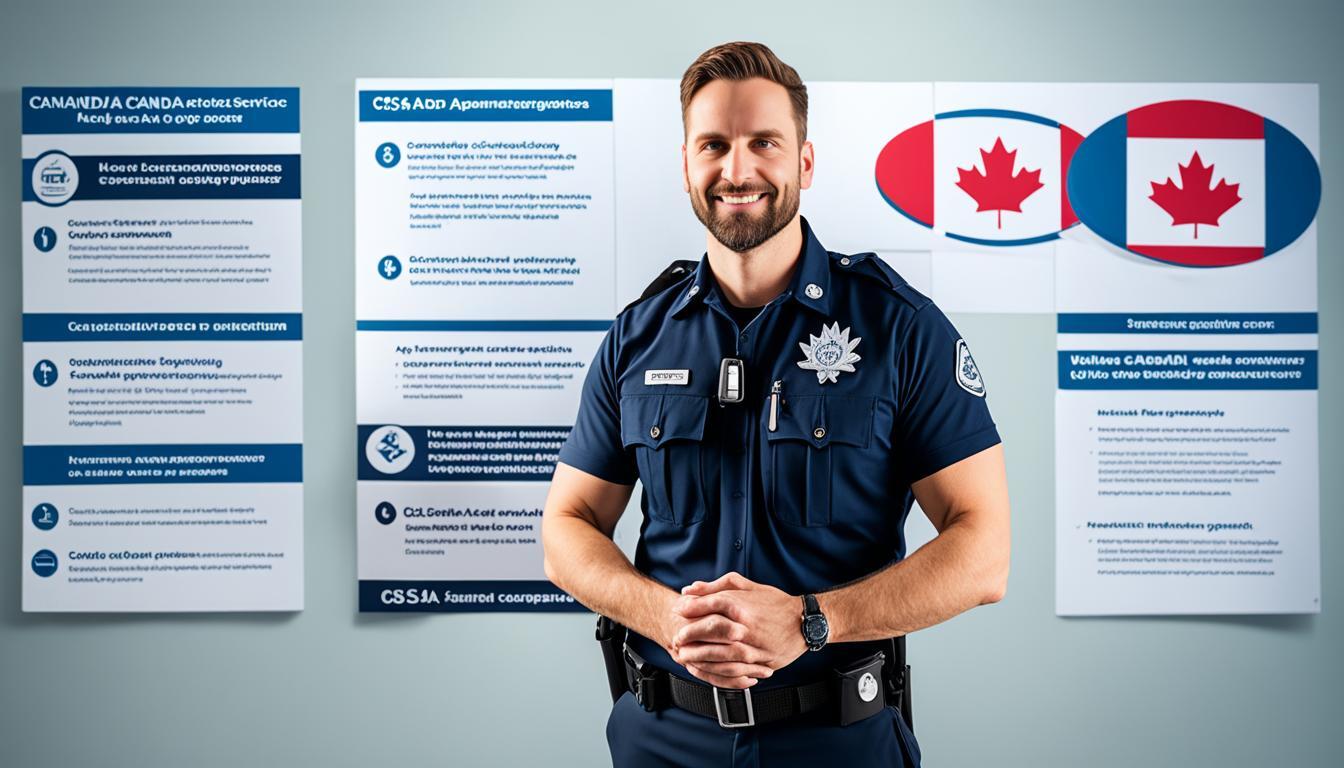
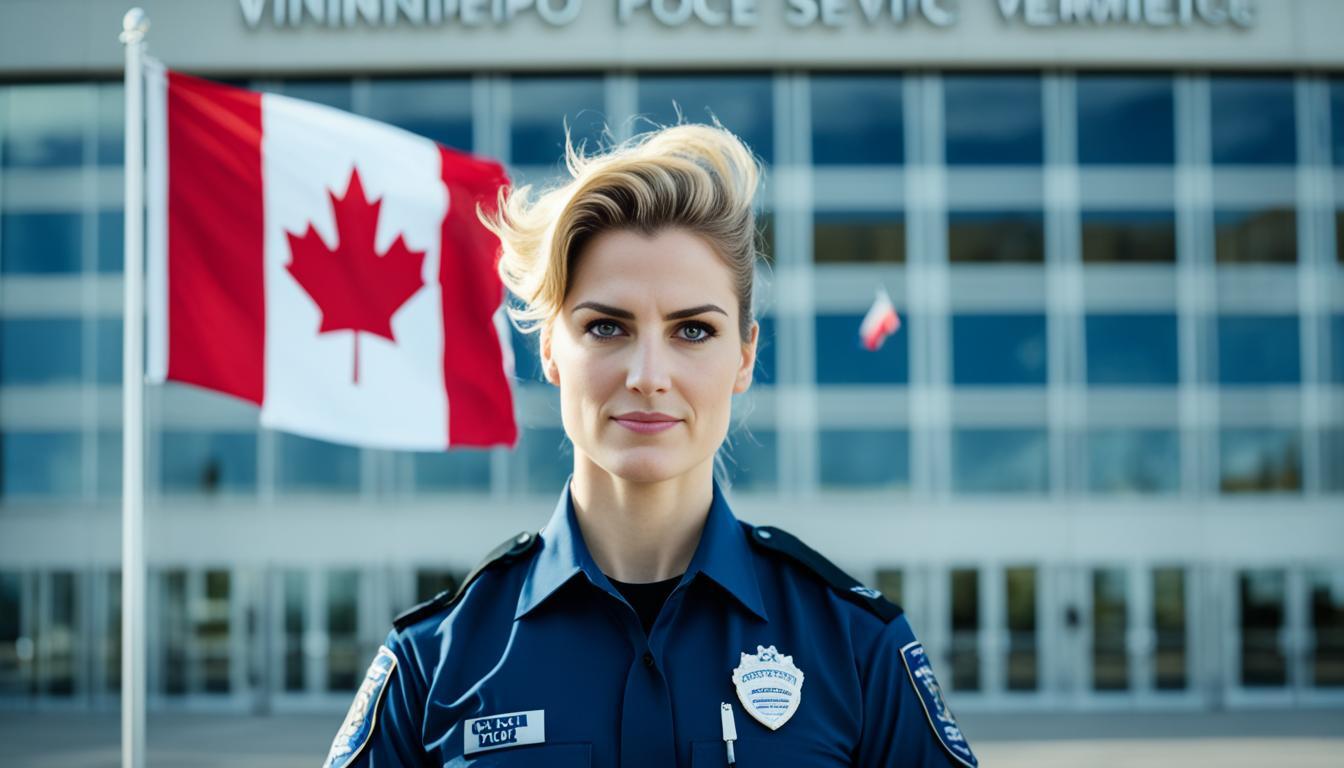
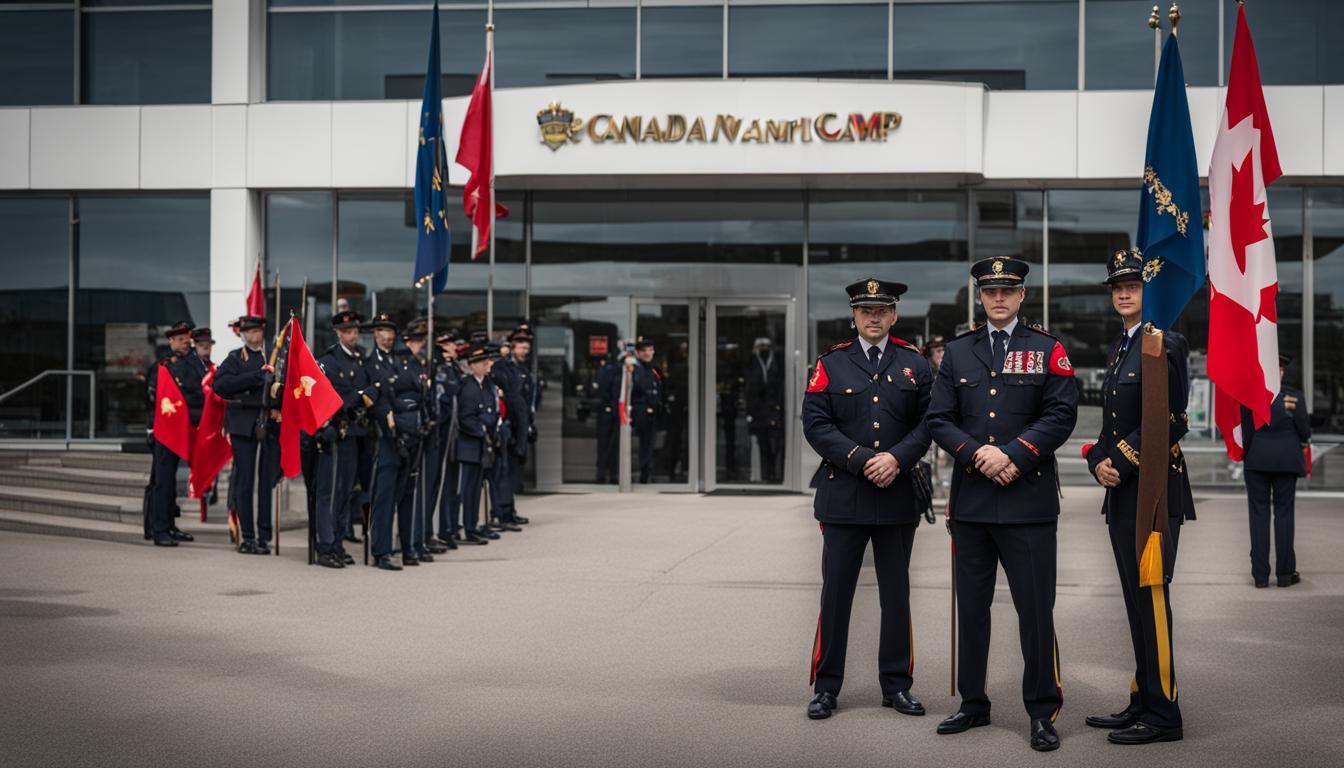
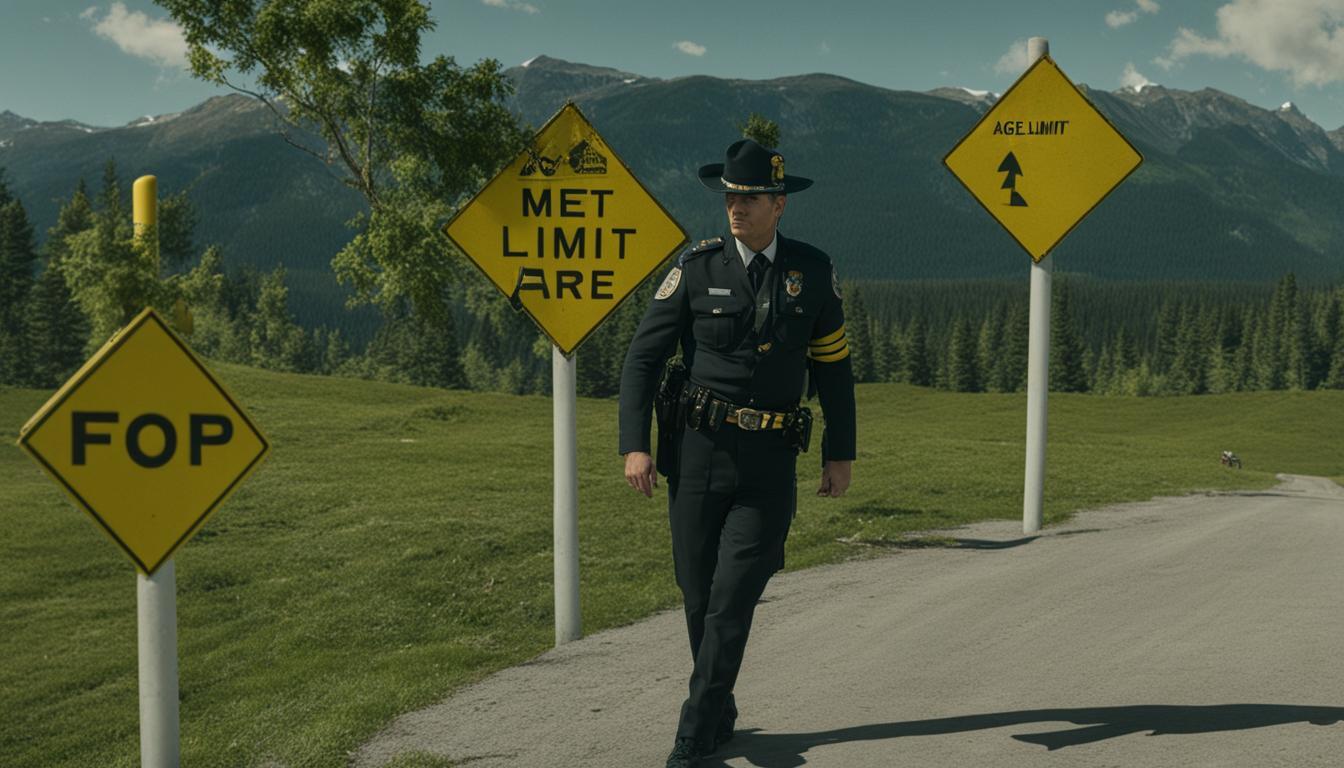
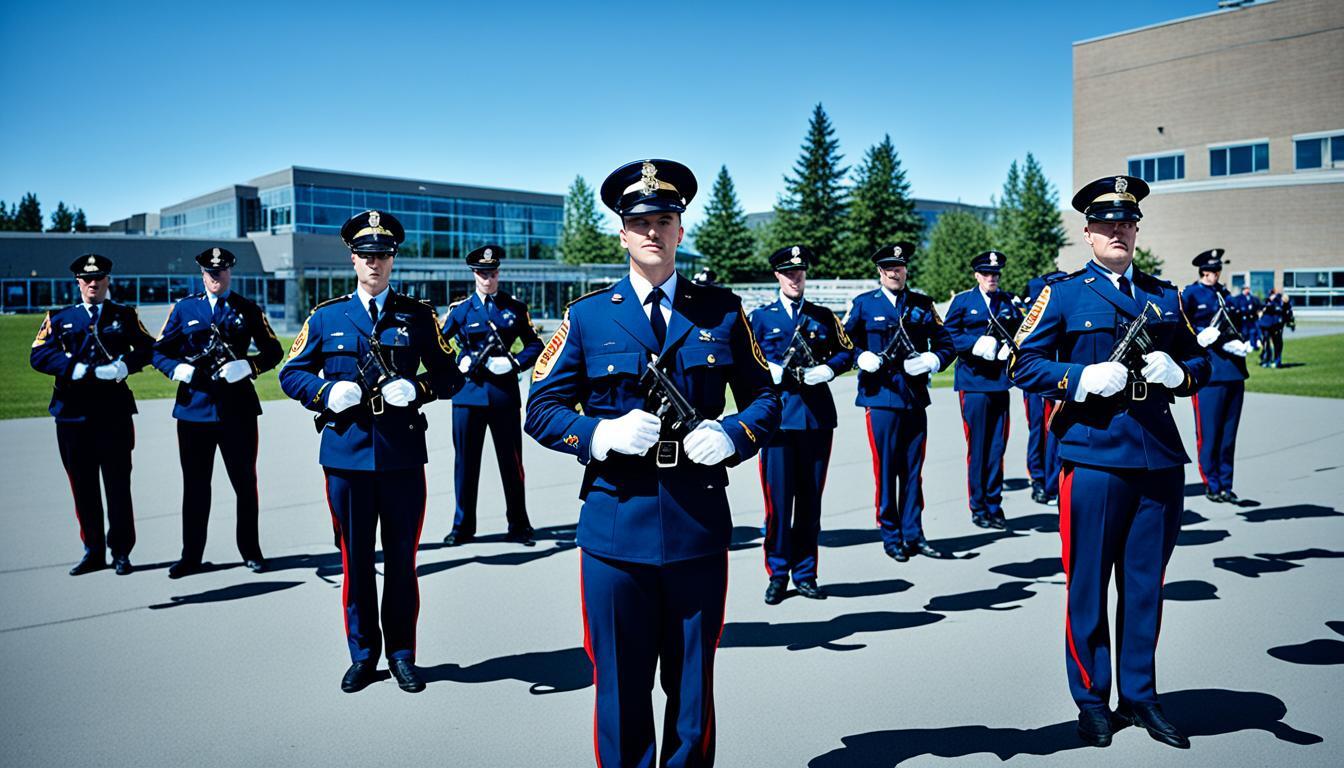
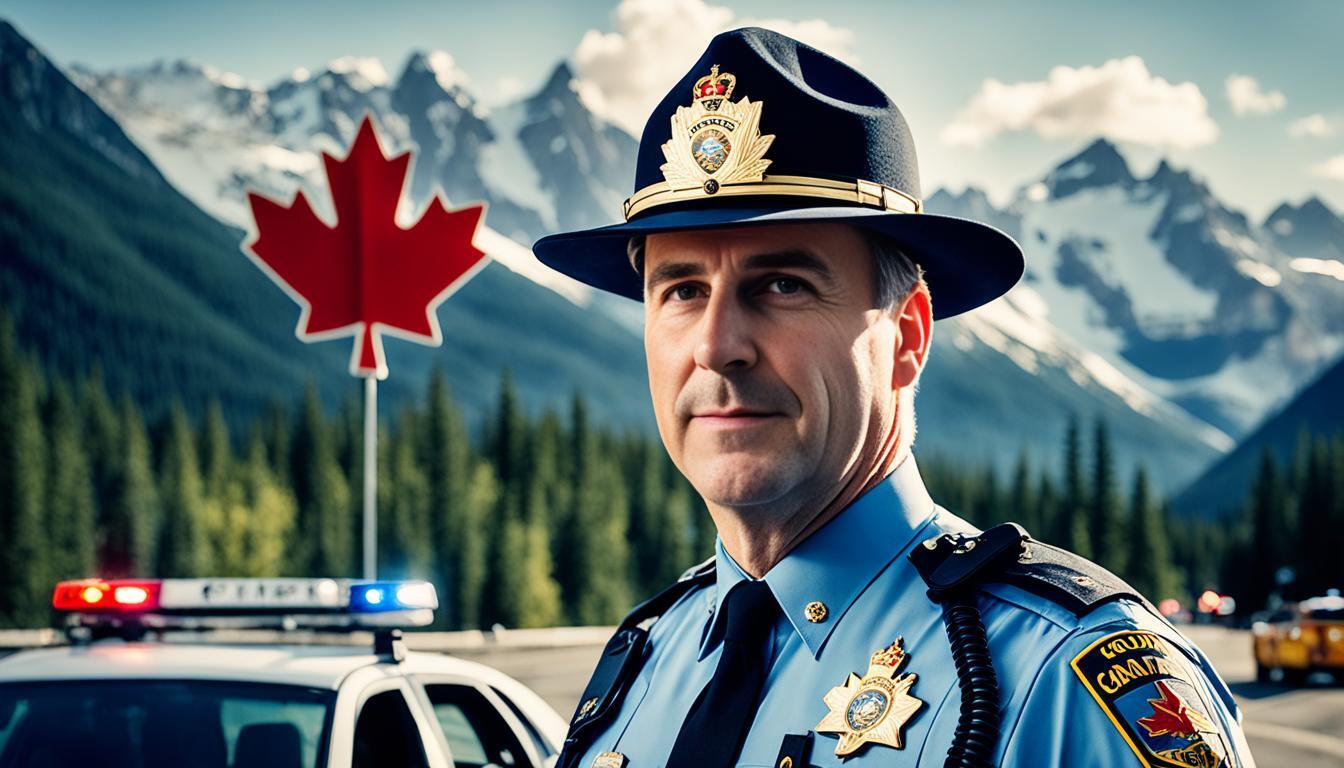

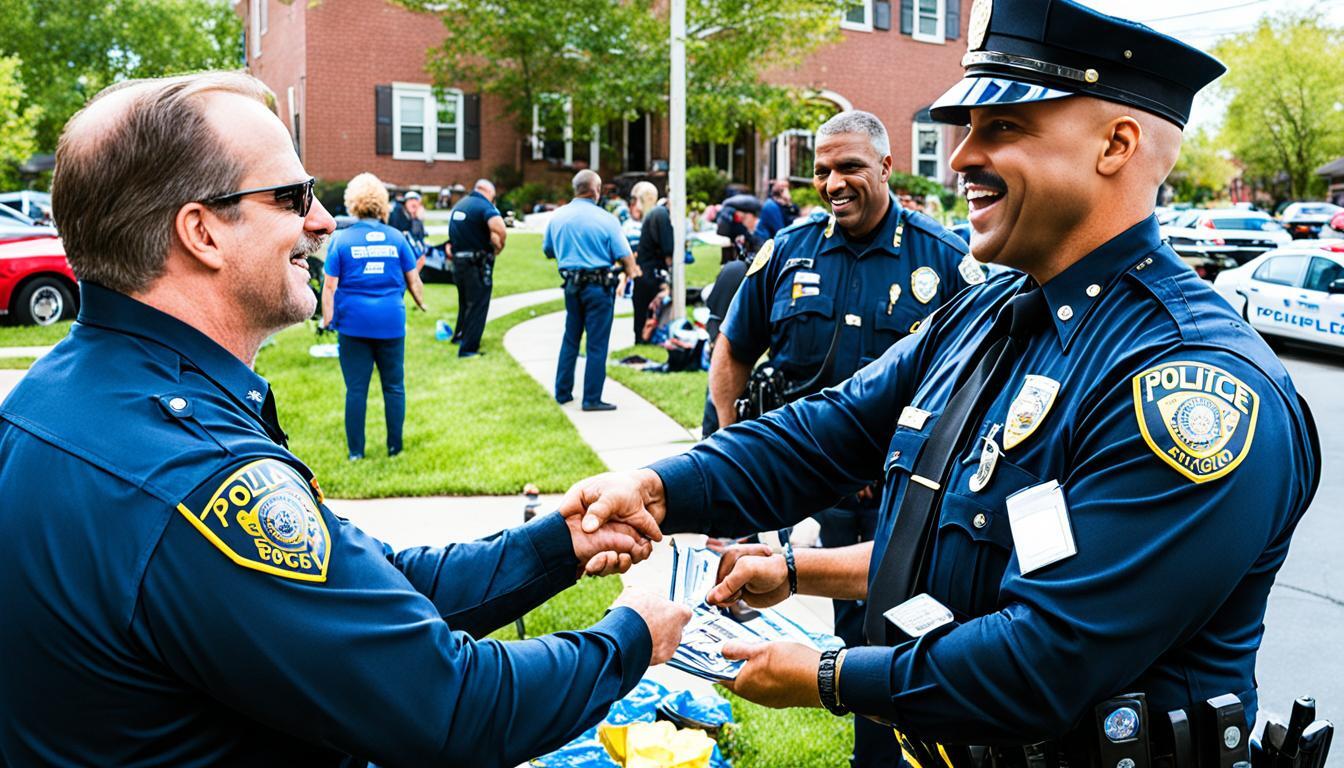
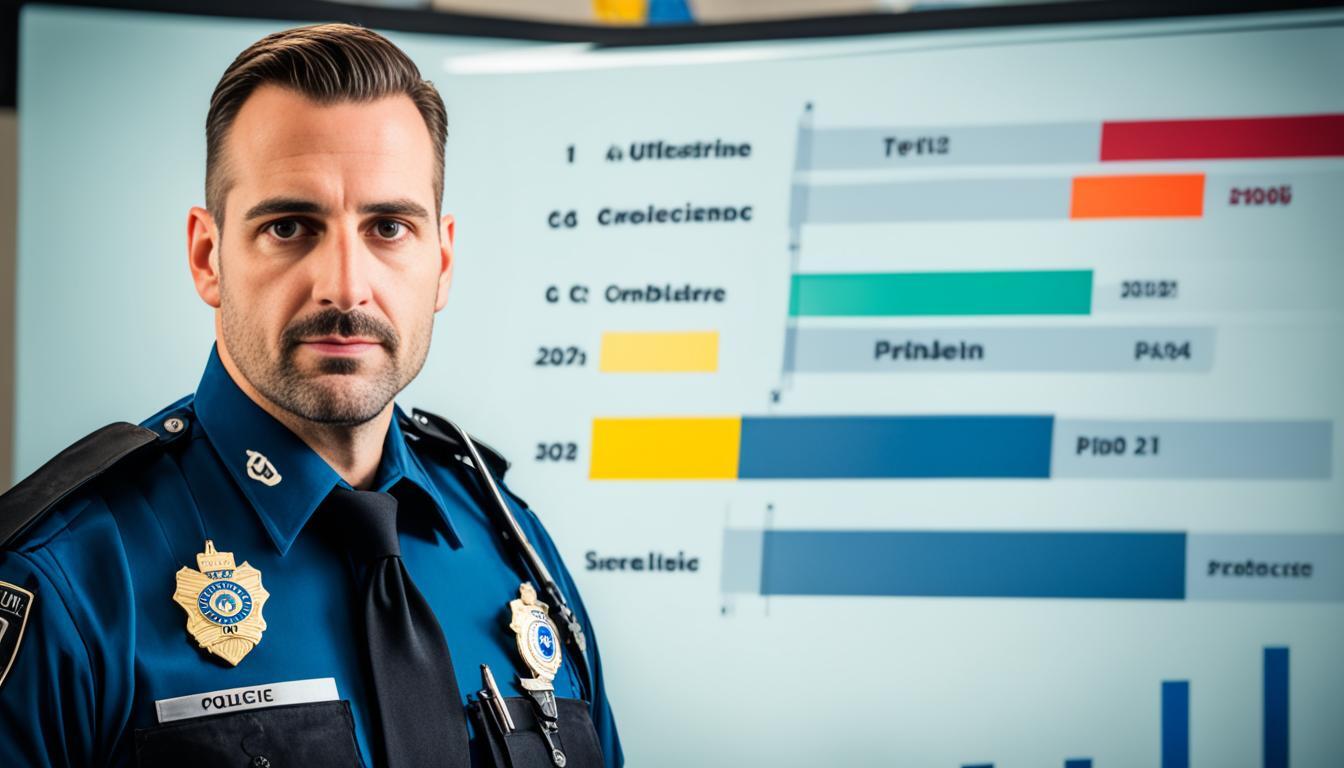

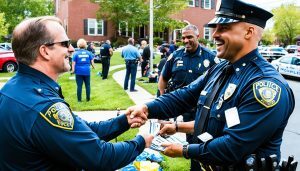









Post Comment